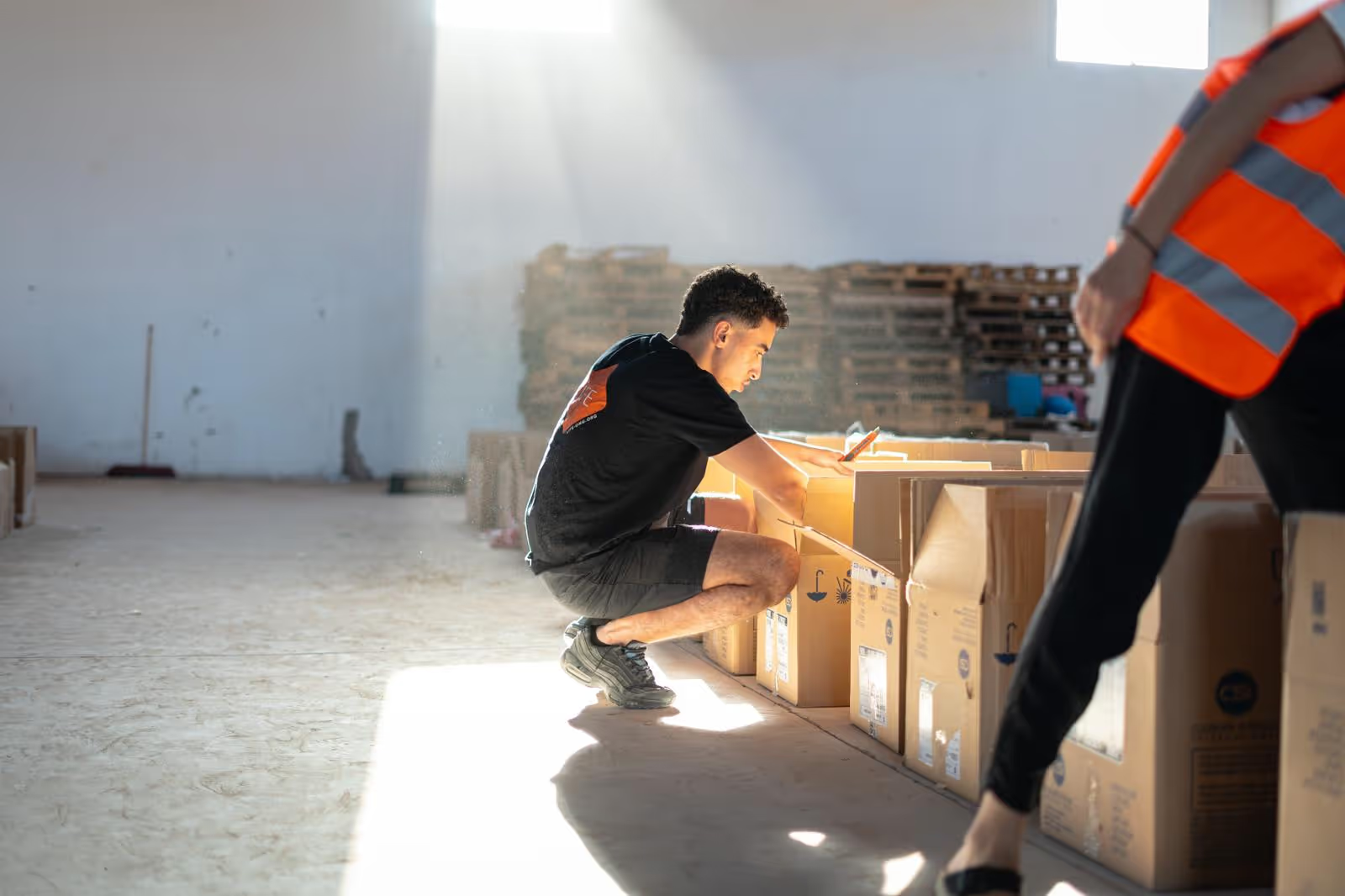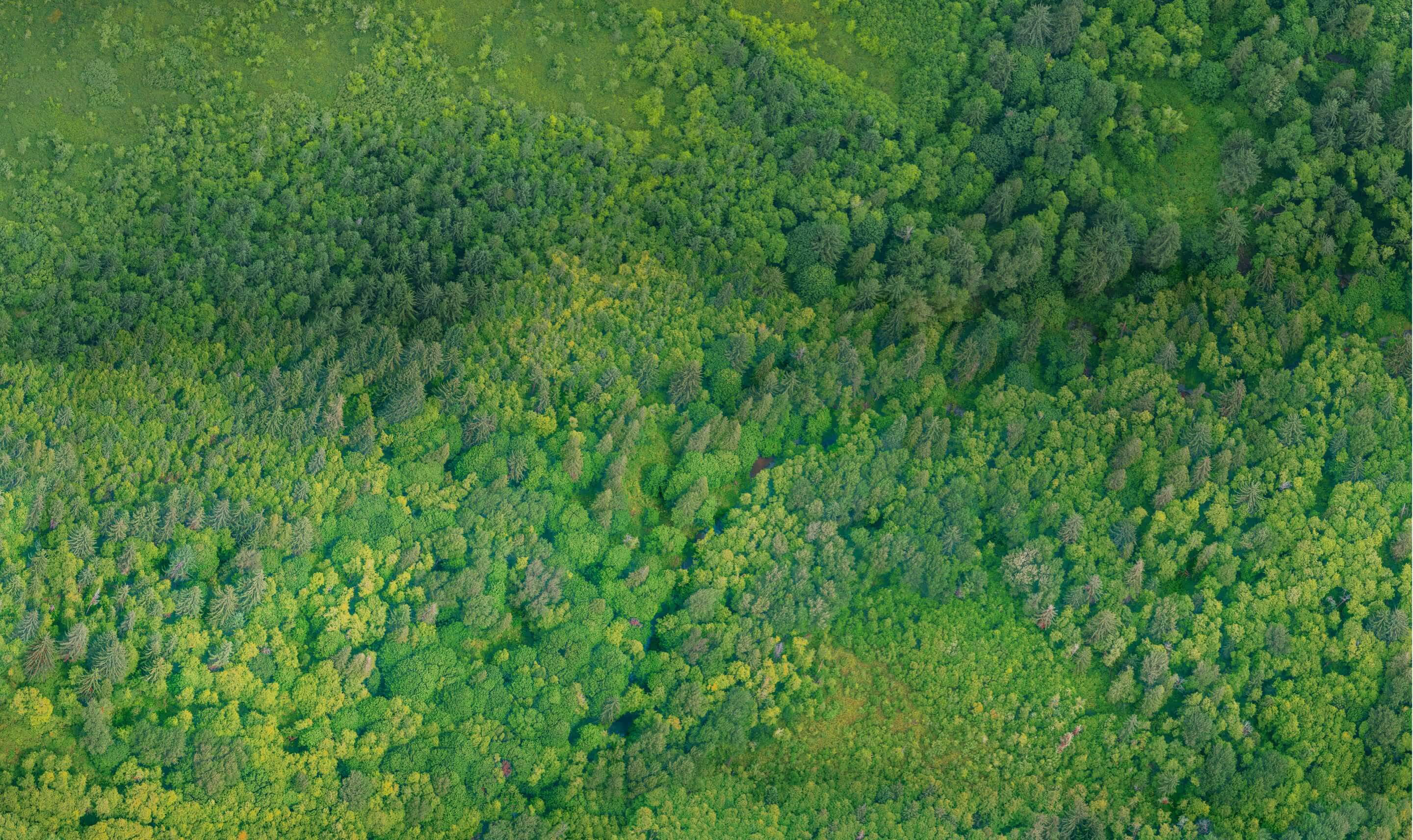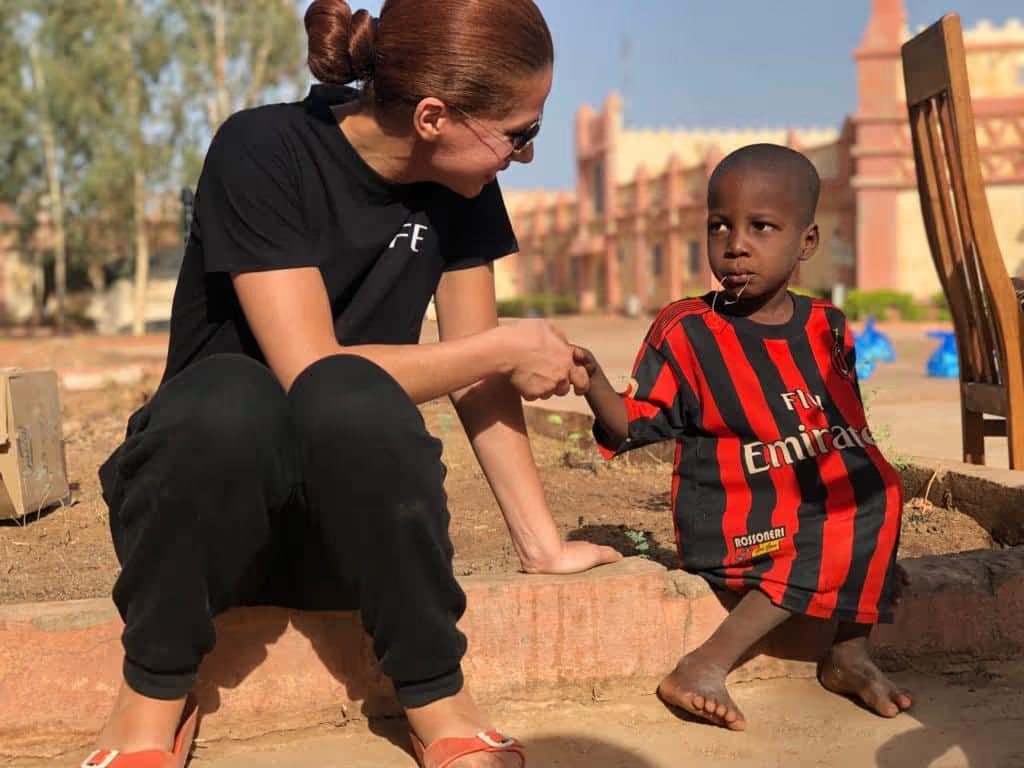Refugees: what are the challenges they face?

Every day, millions of people around the world make the most difficult choice. They are leaving their country, braving uncertainty and adversity, to pursue the dream of a better and safer life. For a while, or forever...
In their search for safety and dignity, refugees around the world face immense challenges in their daily lives. Beyond the obvious difficulties of leaving their country of origin and seeking refuge elsewhere, they also have to overcome major obstacles. More than 89.3 million people in the world have been forced to leave their country, estimates the United Nations Refugee Agency (UNHCR). Among them, no less than 27 million refugees are under the age of 18.

What is a refugee?
Before exploring the challenges refugees face, it is essential to fully understand the meaning of the term “refugee.” It is often confused with the term “migrant.” According to the definition established by the United Nations, a migrant refers to “any person who has resided in a foreign country for more than one year, regardless of the causes, voluntary or involuntary, of the movement, and regardless of the means, regular or irregular, used to migrate”.
In international law, the term “refugee” is used to refer to a person who, upon return to his country of origin, fears “with good reason to be persecuted because of his race, religion, nationality, nationality, membership in a certain group or political opinions”. Ratified by 145 states, the 1951 Convention is a key legal document relating to the status of refugees. It defines refugee status and sets out the rights and responsibilities of displaced persons and States to ensure their protection.
A refugee is therefore a person who has been forced to leave their country of origin, who has fled for their life and who is seeking protection in another country. Refugees are individuals seeking safety, and a chance to rebuild their lives in a safe and stable environment.
The reality of refugees is complex. In their host country, they face numerous challenges on a daily basis.
The challenge of accessing education
According to the United Nations Refugee Agency (UNHCR), 48% of refugee children are still out of school. However, education is a fundamental right. Moreover, it is enshrined in both the 1989 Convention on the Rights of the Child and the 1951 Convention Relating to the Status of Refugees.
Refugee children can face major barriers to accessing quality education. The breakdown of their educational paths, linguistic and cultural barriers, as well as the lack of educational infrastructure in refugee camps or host communities can hinder their access to adequate education.
Education is a powerful shield that protects refugee children and young people from forced labor, sexual exploitation or recruitment into armed groups. It equips them with the skills they need to rebuild themselves and empowers refugees. It is the key that opens the doors to a better future.
Access to employment
Professional integration is a major challenge for refugees, who face multiple obstacles in their quest for a fulfilling professional life. Language barriers, cultural differences, and the complexity of employment systems can keep them in precarious, low-paid, and under-qualified jobs.
However, these talented and determined individuals aspire to contribute to the society that welcomes them and to build a better future for themselves and their families.
Refugees, limited access to health care
Health is a fundamental human right, but refugees often face major challenges in accessing quality health services. Language barriers, high medical care costs, and a lack of information about local health systems can be barriers to their access to essential health care.
Precarious living conditions
Refugees often end up in overcrowded makeshift camps, substandard housing, or slums. They find themselves deprived of the most basic needs such as food, clean water and adequate sanitation facilities. They fight for their survival on a daily basis. Because every human being deserves to live in dignity, safety, and hope, we work tirelessly to create a better future for all.

In Lebanon, in the Abu Ibrahim camp, located in the Akkar district in the north of the country, we have set up a access to drinking water and latrines. In this Syrian refugee camp live 127 families, spread over 95 tents, or 699 people. Lebanon is a host country for nearly 1.5 million Syrian refugees. But the country is in a socio-economic crisis, the most serious in decades. In order to help the government come to their aid, the support of NGOs like LIFE is essential. These families are now living in better living conditions and have regained joy and dignity.
By supporting their access to education, employment, health care, and decent living conditions, we are choosing solidarity, compassion, and justice. Join us in this mission to build a more united world. Together, we can make a difference and transform the lives of refugees.



.avif)




.avif)
.avif)